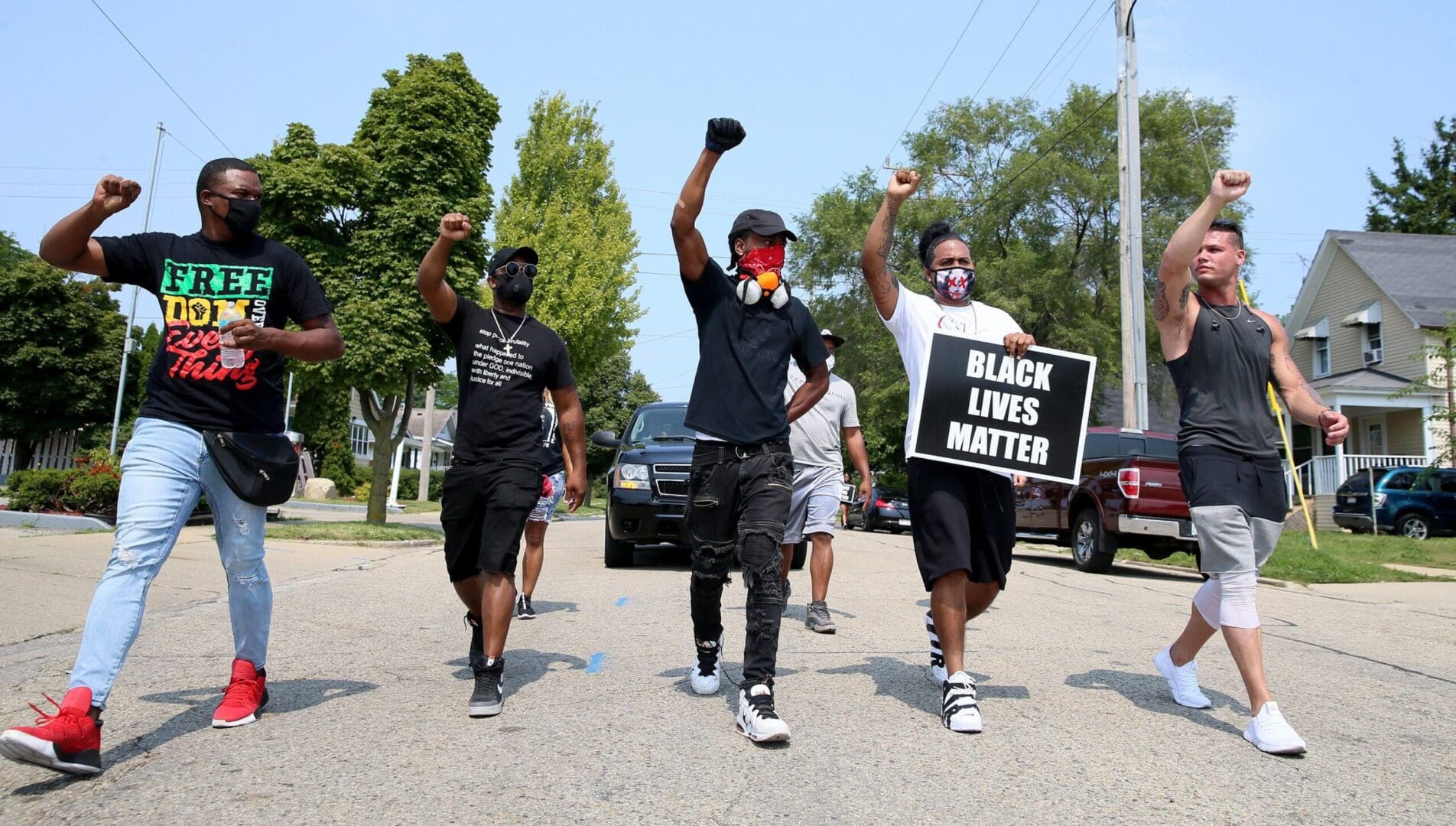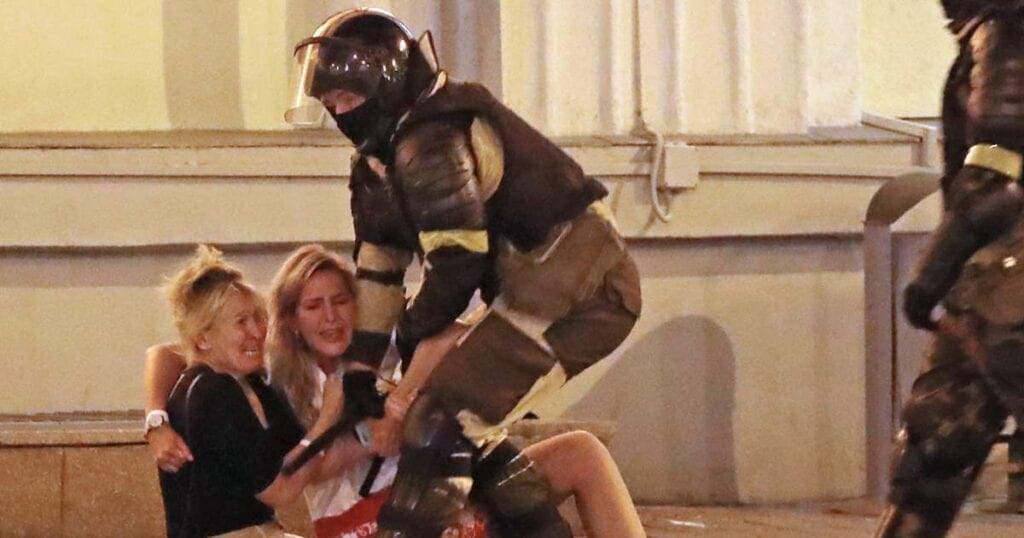 HUMAN RIGHTS ON CAPITOL HILL
HUMAN RIGHTS ON CAPITOL HILL
september 2020 NEWSLETTER
TABLE OF CONTENTS
FEATURED ISSUE
Police Violence & Violations of Protesters’ Rights
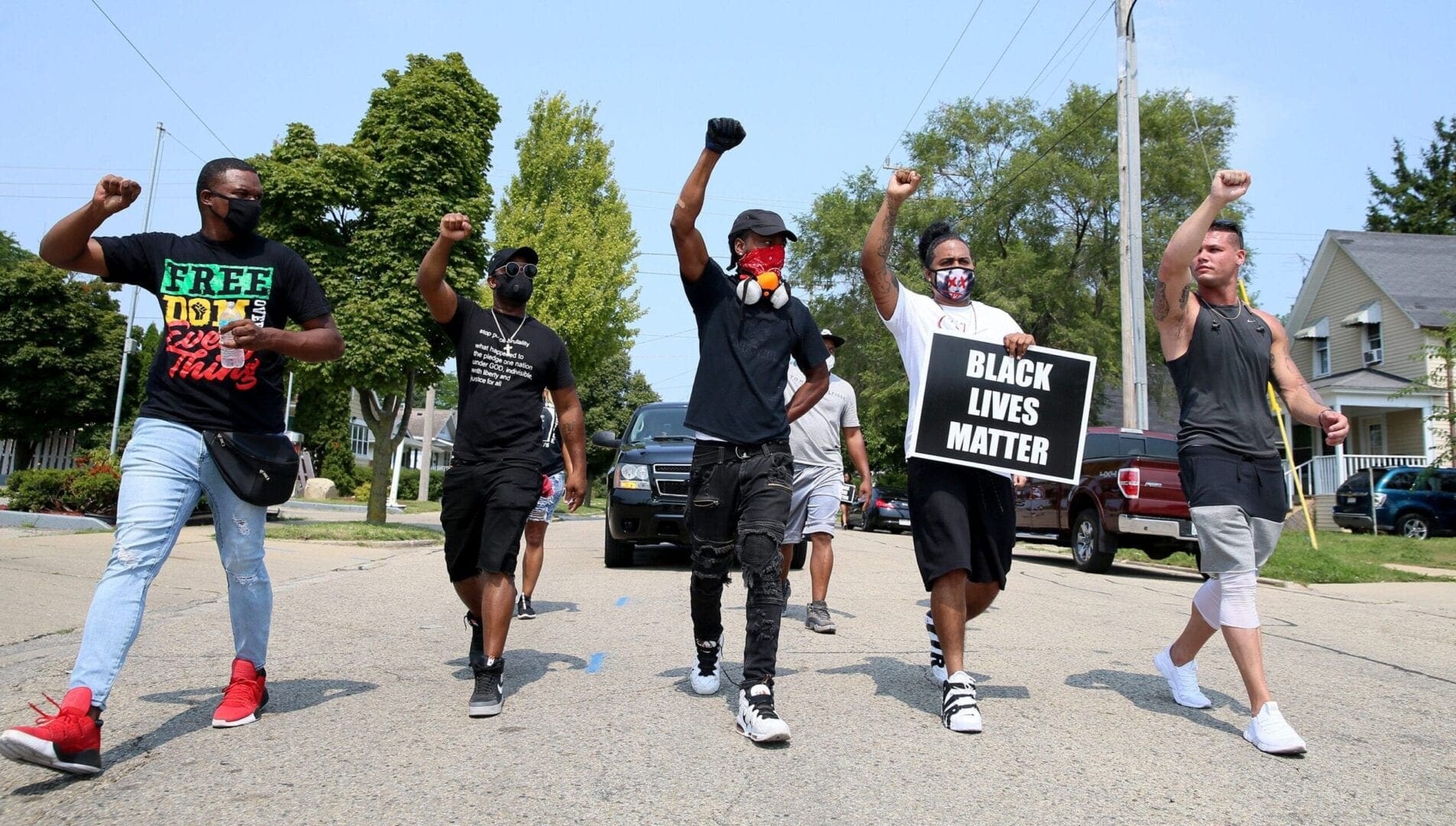
Comprehensive Policing Legislation Must include Eight Legislative Measures
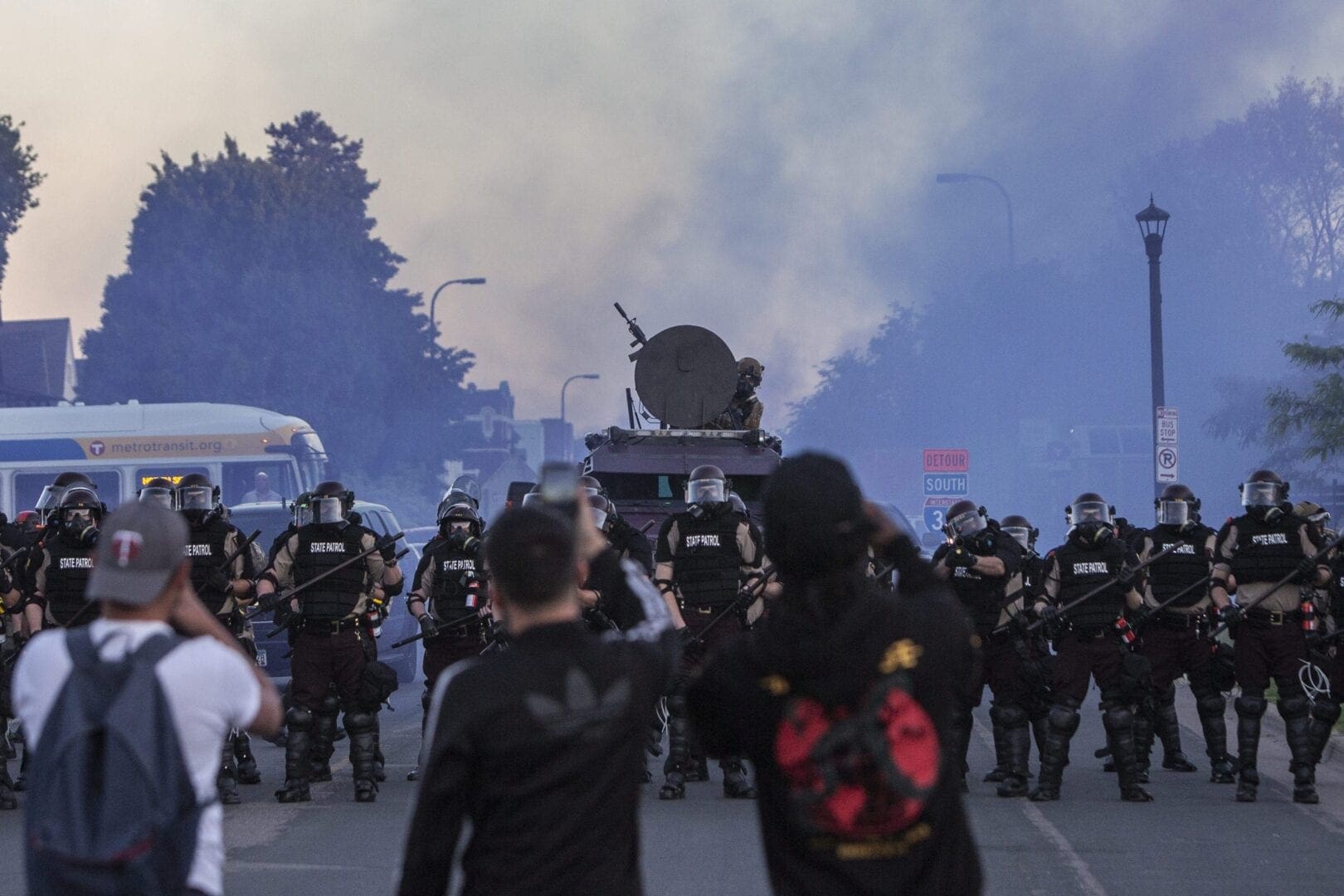
The World Is Watching: Mass Violations by Police of Black Lives Matter (BLM) Protesters’ Rights
INTERNATIONAL UPDATES
U.S. Sanctions Against ICC Staff Create Chilling Effect for International Justice
europe and central ASIA
Middle East and North Africa
IRAN

LEBANON

Lebanese security forces confront protesters during clashes in downtown Beirut on August 8, 2020, following a demonstration against the political leadership © AFP via Getty Images
LIBYA
The Libyan civil war has led to a ruinous humanitarian situation. Amnesty International urges Congress to pass the Libya Stabilization Act (H.R. 4644/S. 2934) in order to improve the human rights situation in Libya.
ASIA
THAILAND

Unknown people uses mobile phone while travelling by subway in Bangkok © Settawat Udom/Shutterstock
INDIA
ROHINGYA

© K M Asad/LightRocket/Getty Images
OTHER INTERNATIONAL NEWS
Amnesty International Denounces State Department Report on Unalienable Rights
U.S. Air Strikes
DOMESTIC Updates
Federal Executions Raise Human Rights Concerns
Technology and Human Rights

covid-19 and human rights
New COVID-19 asylum ban could eviscerate the right to seek asylum
Members of Congress take action to #FreePastorSteven
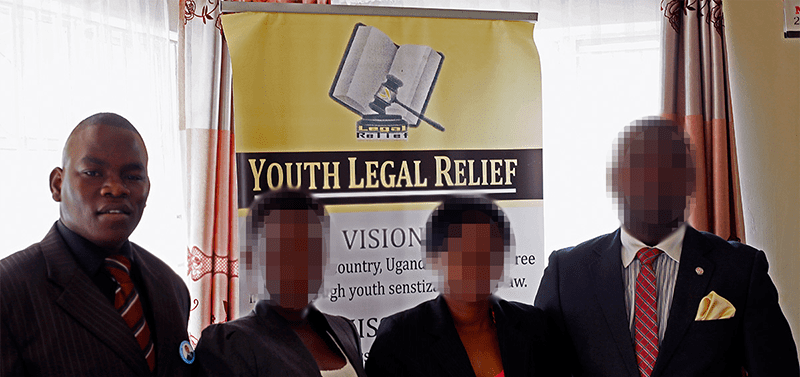
Credits:ELOI Ministeries
No Ban Act Passage A Critical Step
Families still detained during COVID-19
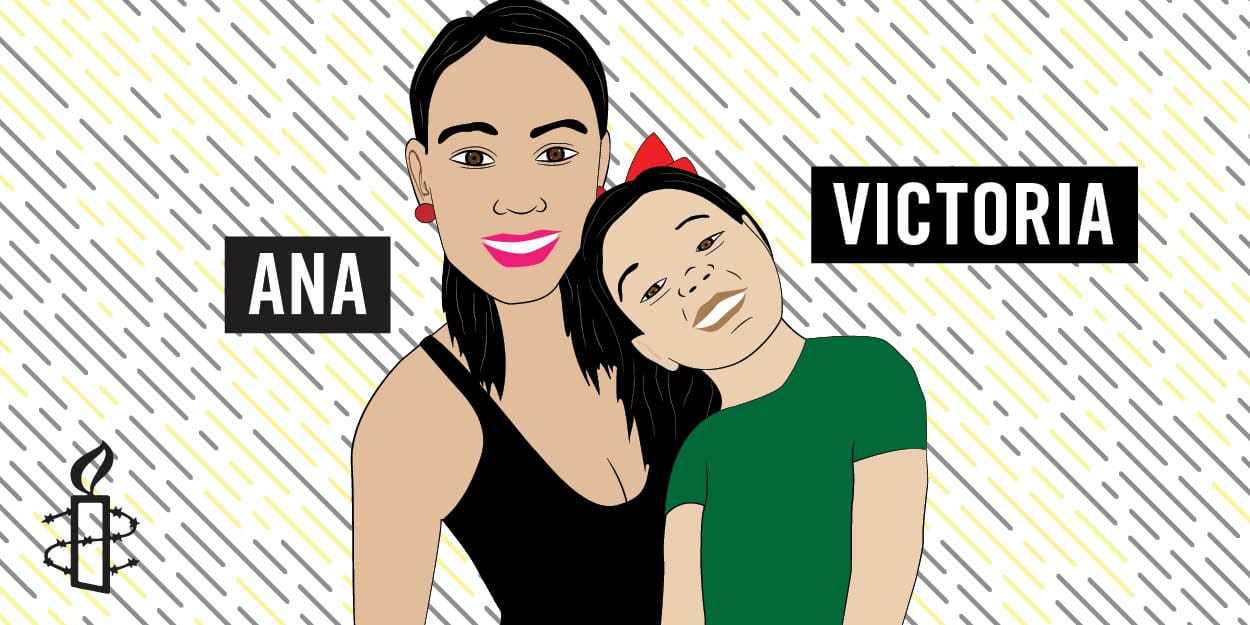
Update on U.S. Immigration Detention
Missed our September 1st Briefing?
LOOKING TO 2021
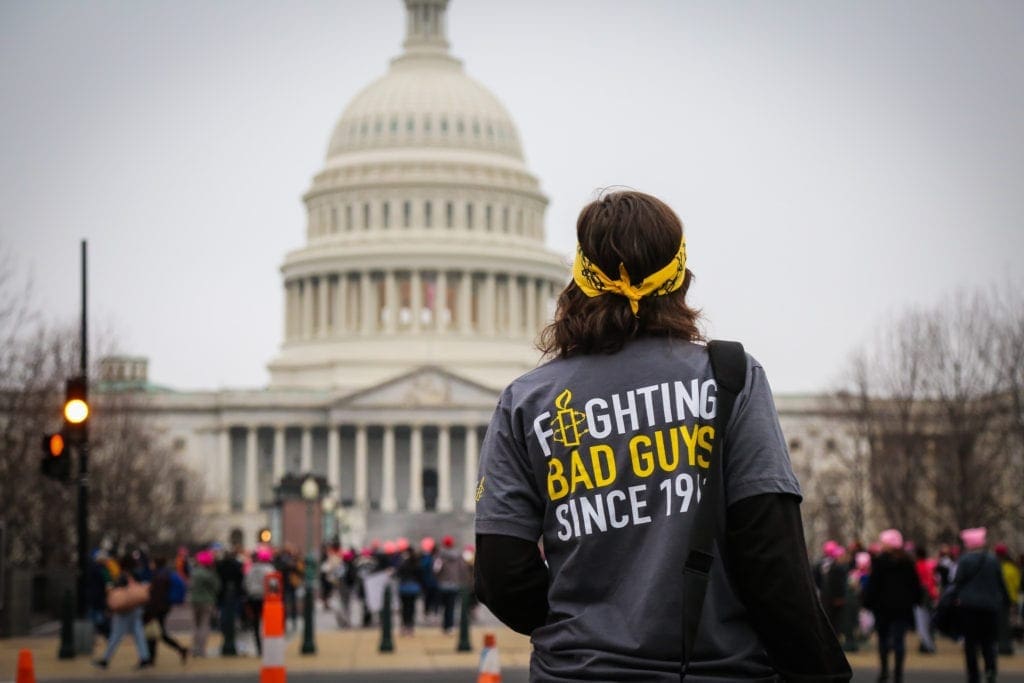
Amnesty International’s policy recommendations for the presidential campaigns
WELCOME NEW STAFF

In July, Deniz Yuksel joined Amnesty International USA as Turkey Advocacy Specialist. She is leading Amnesty’s advocacy regarding human rights abuses in Turkey including the government’s crackdown on civil society activists. Prior to joining Amnesty International USA, Deniz conducted research on Turkish foreign policy at the Washington Institute for Near East Policy. Deniz holds a bachelor’s degree in Middle Eastern Studies and Arabic from Georgetown University. She can be reached at [email protected].
CONNECT WITH US
Please don’t hesitate to reach out to any of our experts or email [email protected] for a general inquiry.
Regional Experts
Americas, U.S. Southern Border: Charanya Krishnaswami ![]()
![]()
![]()
![]()
![]()
![]()
![]()
![]()
![]()
![]()
![]()
![]()
![]()
![]()
![]()
Middle East/North Africa: Philippe Nassif ![]()
![]()
![]()
![]()
![]()
![]()
![]()
![]()
![]()
![]()
![]()
![]()
![]()
![]()
![]()
![]()
![]()
![]()
![]()
![]()
![]()
![]()
![]()
![]()
![]()
![]()
![]()
![]()
![]()
Thematic Experts
Surveillance, Technology, Digital Rights: Michael Kleinman ![]()
![]()
![]()
![]()
![]()
![]()
![]()
![]()
![]()
![]()
![]()
![]()
![]()
![]()
![]()
Refugees & Global Displacement / Gun Violence: Ryan Mace ![]()
![]()
![]()
![]()
![]()
![]()
![]()
![]()
![]()
![]()
![]()
![]()
![]()
![]()
![]()
![]()
![]()
![]()
![]()
![]()
![]()
![]()
![]()
![]()
![]()
![]()
![]()
![]()
![]()
Gender, Sexuality, and Identity / Indigenous Rights: Tarah Demant ![]()
![]()
![]()
![]()
![]()
![]()
![]()
![]()
![]()
![]()
![]()
![]()
![]()
![]()
![]()
![]()
![]()
![]()
![]()
![]()
![]()
![]()
![]()
![]()
![]()
![]()
![]()
![]()
![]()
National Security: Daphne Eviatar ![]()
![]()
![]()
![]()
![]()
![]()
![]()
![]()
![]()
![]()
![]()
![]()
![]()
![]()
![]()
![]()
![]()
![]()
![]()
![]()
![]()
![]()
![]()
![]()
![]()
![]()
![]()
![]()
![]()
Human Rights Defenders / Individuals at Risk: Andrew Fandino ![]()
![]()
![]()
![]()
![]()
![]()
![]()
![]()
![]()
![]()
![]()
![]()
![]()
![]()
![]()
![]()
![]()
![]()
![]()
![]()
![]()
![]()
![]()
![]()
![]()
![]()
![]()
![]()
![]()
Turkey specialist: Deniz Yuksel ![]()
![]()
![]()
![]()
![]()
![]()
![]()
![]()
![]()
![]()
![]()
![]()
![]()
![]()
![]()
![]()
![]()
![]()
![]()
![]()
![]()
![]()
![]()
![]()
![]()
![]()
![]()
![]()
![]()
Be sure to follow AIUSA on TWITTER, FACEBOOK, and INSTAGRAM.

